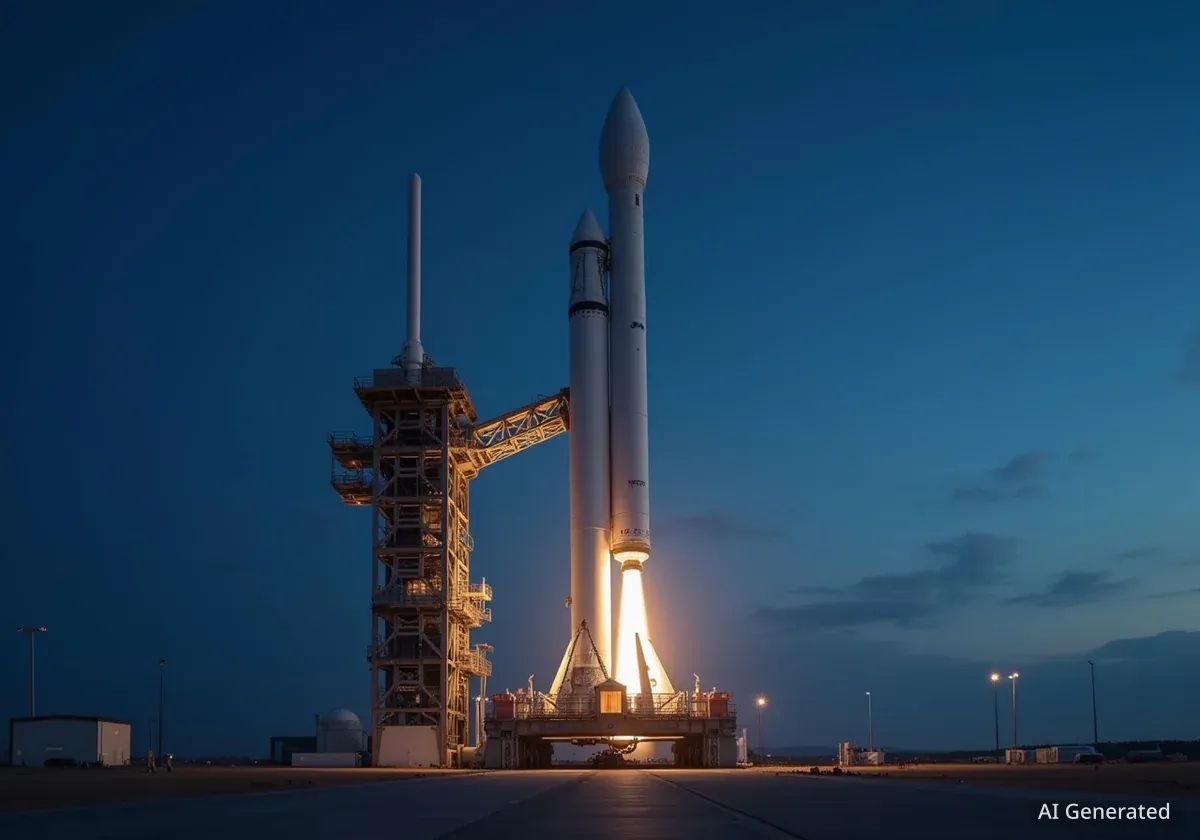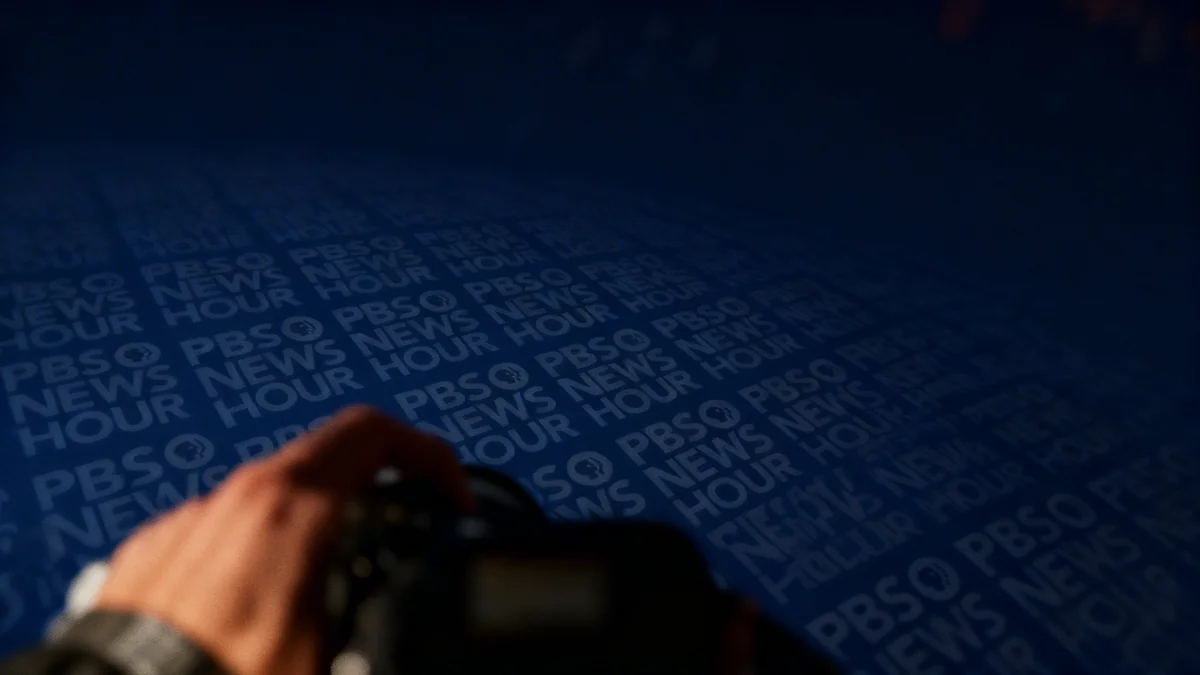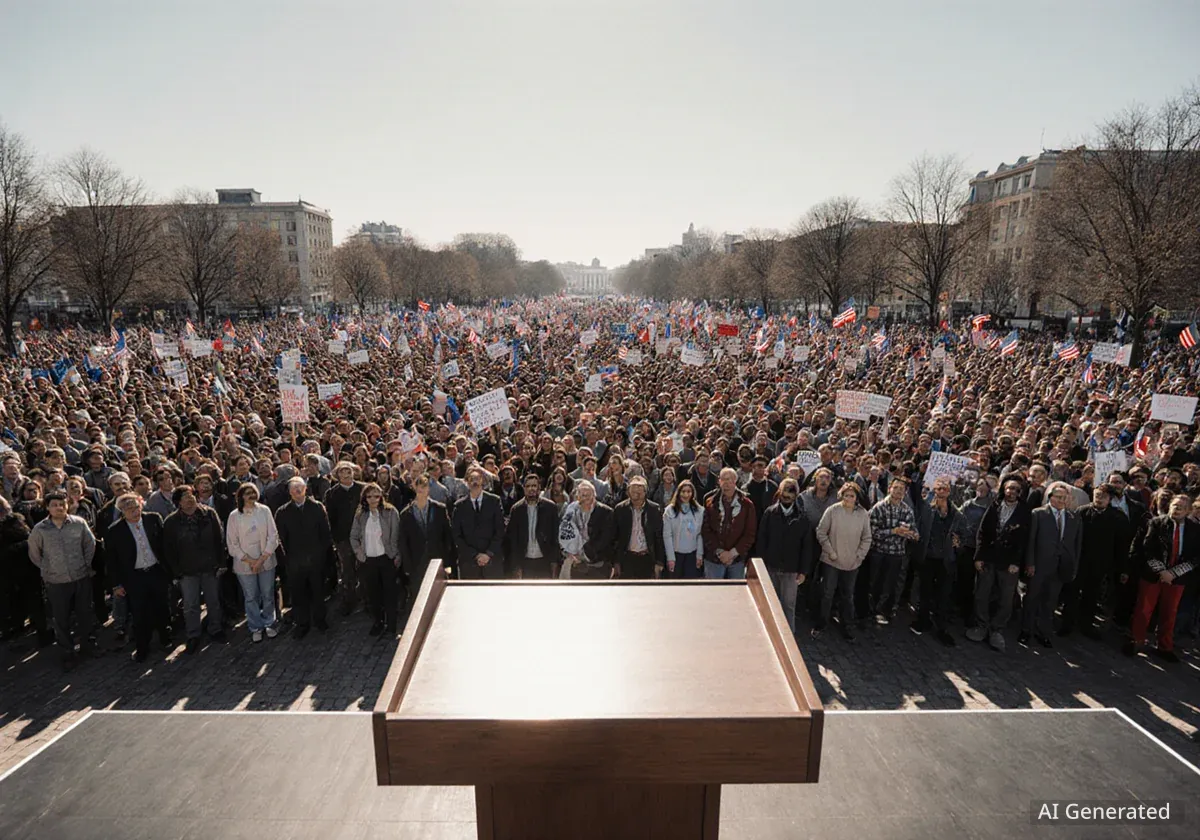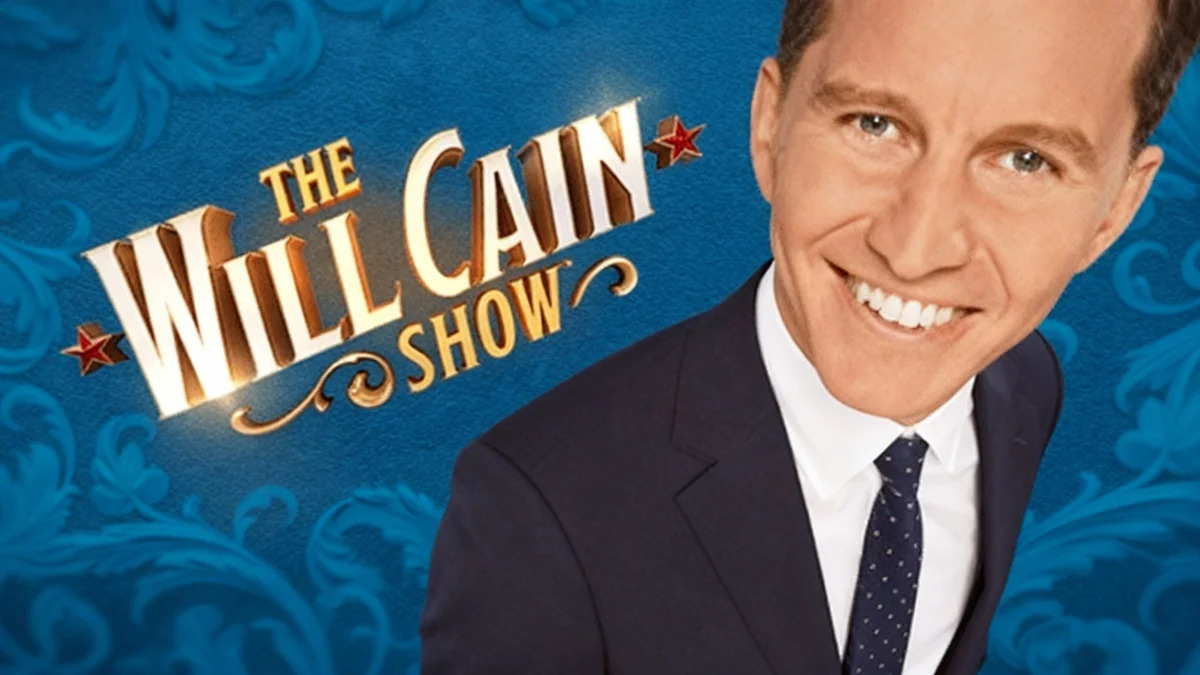In one of her final interviews, released after her death, renowned British primatologist Dr. Jane Goodall stated she wished to send several prominent world leaders into space. The comments, made on a Netflix program, included former U.S. President Donald Trump, Chinese President Xi Jinping, and Russian President Vladimir Putin among those she would place on a rocket to another planet.
Key Takeaways
- Dr. Jane Goodall's posthumously released interview reveals her desire to send certain political figures and business leaders into space.
- The list included Donald Trump, Xi Jinping, Vladimir Putin, Benjamin Netanyahu, and Elon Musk.
- The remarks were made during an interview for the Netflix show "Famous Last Words: Dr. Jane Goodall," recorded earlier this year.
- Goodall, who passed away at age 91, had a history of criticizing Donald Trump, previously comparing his behavior to chimpanzee dominance rituals.
A Posthumous Revelation
The statements were part of an interview for the Netflix series "Famous Last Words: Dr. Jane Goodall." The program was recorded in early 2025 and was released following her death last week at the age of 91, as intended by the show's format.
During the conversation with host Brad Falchuk, Goodall was asked about people she disliked. Her response was direct and pointed toward the burgeoning field of private space exploration as a potential solution.
"There are people I don’t like. And I would like to put them on one of [Elon] Musk’s spaceships and send them all off to the planet he’s sure he’s going to discover," Goodall said.
This candid remark from the typically composed scientist and conservationist has drawn significant attention, offering a rare glimpse into her personal frustrations with global leadership in her final months.
The Passenger List for an Interplanetary Trip
When pressed by the host to name individuals for this hypothetical one-way space journey, Dr. Goodall did not hesitate. The list of names she provided spans the realms of global politics and technology.
Host Brad Falchuk asked if a certain former U.S. President would be on the spaceship. "Oh, absolutely, he’d be the list," she confirmed, referring to Donald Trump. "And you can imagine who I’d put on that spaceship."
The Full List
During the interview, Jane Goodall specifically named the following individuals for her hypothetical space mission:
- Elon Musk
- Donald Trump (and "some of Trump's real supporters")
- Vladimir Putin (President of Russia)
- President Xi (President of China)
- Benjamin Netanyahu (Prime Minister of Israel)
Her inclusion of Elon Musk, the very individual whose technology she proposed using, adds a layer of irony to her comments. The list represents a collection of figures frequently at the center of international political and social debates.
A History of Pointed Criticism
Dr. Goodall's comments about Donald Trump were not an isolated incident. She had previously used her expertise in primatology to analyze his public behavior. This history provides important context for her final remarks.
In a 2016 interview with The Atlantic, she drew a direct parallel between Trump's conduct during political debates and the behavior of male chimpanzees vying for social dominance.
"In many ways, the performances of Donald Trump remind me of male chimpanzees and their dominance rituals," Goodall told the publication. "In order to impress rivals, males seeking to rise in the dominance hierarchy perform spectacular displays: stamping, slapping the ground, dragging branches, throwing rocks."
This earlier analysis suggests a long-held and deeply considered view of his leadership style, framed through the unique lens of her scientific background. Her final interview comments appear to be a continuation of this critical perspective.
A Lifetime of Conservation
Dr. Jane Goodall was a world-renowned primatologist, anthropologist, and environmentalist. Her groundbreaking work with wild chimpanzees in Gombe Stream National Park, Tanzania, began in 1960 and transformed our understanding of primates and the relationship between humans and animals. She founded the Jane Goodall Institute and the Roots & Shoots program, dedicating her life to conservation and animal welfare.
Legacy and Official Recognition
Despite these sharp political criticisms, Dr. Goodall's legacy is primarily defined by her tireless activism and scientific contributions. Her work earned her numerous accolades throughout her life, including recognition from the U.S. government.
Earlier this year, shortly before he left office in late January, former President Joe Biden awarded Goodall the Presidential Medal of Freedom, one of the nation's highest civilian honors. The award recognized her extensive contributions to science and conservation.
Following the news of her death, the former president and first lady Jill Biden released a statement on the social media platform X. They expressed that they were "deeply saddened to learn of the passing of Jane Goodall whose activism, vision, and message of hope mobilized a global movement to protect the planet."
The posthumous release of her candid interview adds a complex final chapter to the public memory of a figure celebrated for her message of peace and hope, revealing a profound disillusionment with the state of world affairs.





